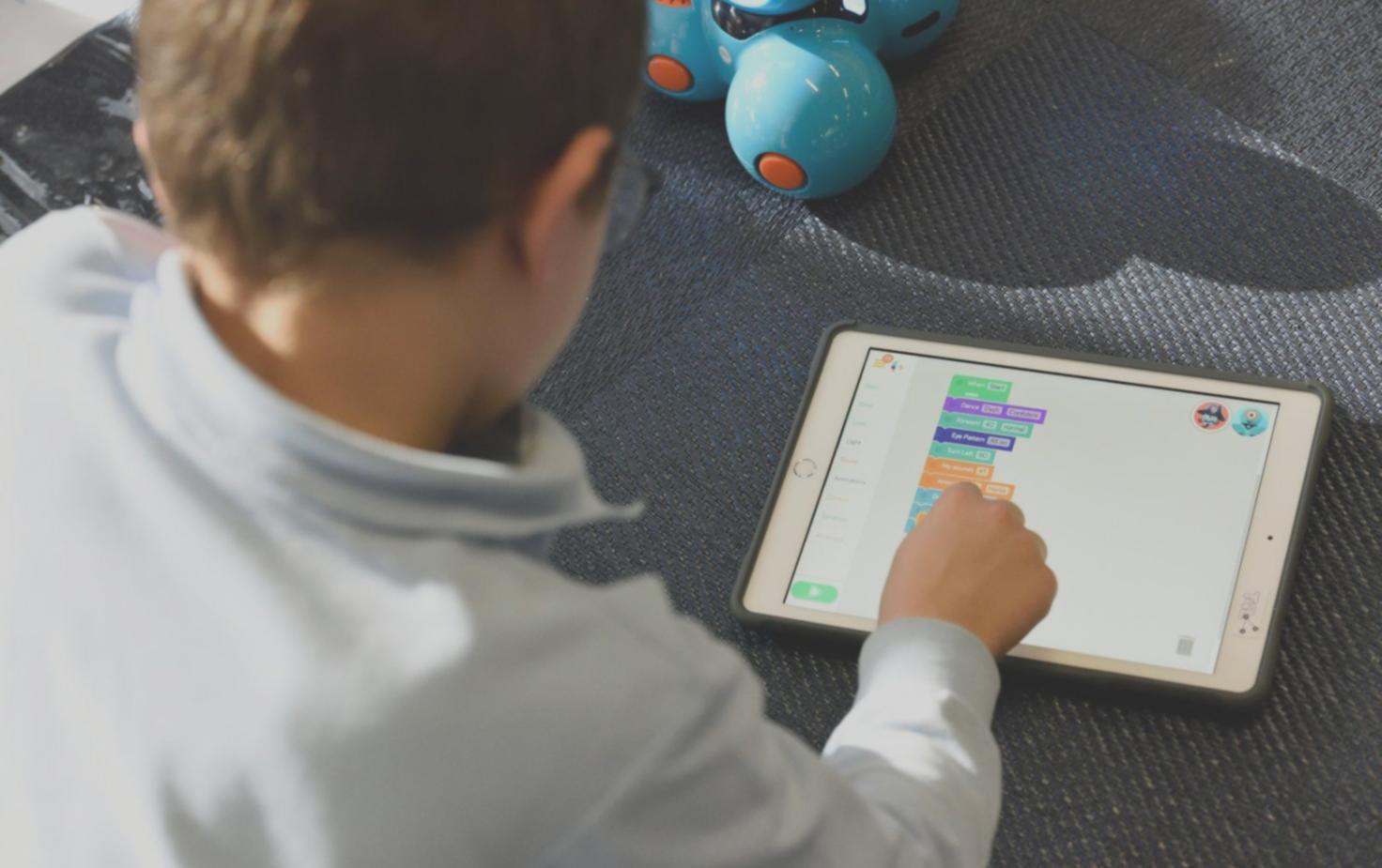Budget Reporting Built for Real Business Decisions
Stop drowning in spreadsheets. Learn to create financial reports that actually help you understand where your money goes and what choices make sense for your business.
View Learning Program
What You'll Actually Walk Away With
These aren't vague skills. You'll build specific capabilities that change how you handle business finances from day one.
Most participants gain clear insight into expense patterns within their first month of applying what they learn.
That's how long it typically takes to develop confidence in creating your own budget reports without external help.
You'll leave with ready-to-use frameworks for different business scenarios, not just theory.

Learning That Sticks Because It's Real
We skip the academic fluff. You'll work with actual financial data from Australian businesses, tackle real reporting challenges, and see what works in practice rather than just theory.
Every session involves hands-on work. You'll build reports alongside others, get feedback from people who've been doing this for years, and learn to spot the mistakes before they become expensive problems.
The best part? You're not learning alone. Small cohorts mean you'll know everyone in your group, share what you're struggling with, and pick up tricks from peers facing similar challenges.
How the Program Actually Works
Six months might sound like a long time. But breaking down financial reporting into manageable pieces makes it less overwhelming and more practical.
Foundation Months (Sep–Oct 2025)
You'll start with the basics everyone needs but few actually master: reading financial statements, understanding cash flow versus profit, and organizing data properly. Boring stuff that saves you hours later.
Building Reports (Nov–Dec 2025)
Now you'll create actual budget reports. Monthly summaries, variance analysis, forecasting basics. We use tools you already have access to, nothing fancy or expensive required.
Real Applications (Jan–Feb 2026)
The final stretch focuses on using what you've built. You'll present findings, defend budget decisions, and learn to communicate financial information to people who don't love spreadsheets as much as accountants do.

Group Learning Advantage
You'll work through problems with 8-12 other business owners and managers. Everyone brings different perspectives, which makes solving tricky reporting challenges much faster.
Why Peer Learning Changes Everything
Look, watching videos alone doesn't work for most people. Financial reporting makes more sense when you're wrestling with it alongside others who are just as confused as you are initially.
Weekly group sessions mean you'll see how different businesses approach the same problems. Someone running a retail shop has different needs than a service provider, but the core principles overlap more than you'd think.
And honestly? The networking matters. Half our participants say the connections they made were as valuable as the skills they learned. You'll meet potential collaborators, get referrals, and build relationships with people who understand business finances.

Meet Your Lead Instructor
Arvid Lindholm has spent 14 years helping Australian businesses make sense of their finances. He's not an academic—he learned budget reporting by doing it wrong plenty of times first.
What makes Arvid different? He actually enjoys explaining complex financial concepts in plain English. No jargon unless absolutely necessary, and he's genuinely good at spotting where people get stuck.
His approach: practical above all else. If a technique doesn't work in real business situations, he won't teach it.
Learn More About Us